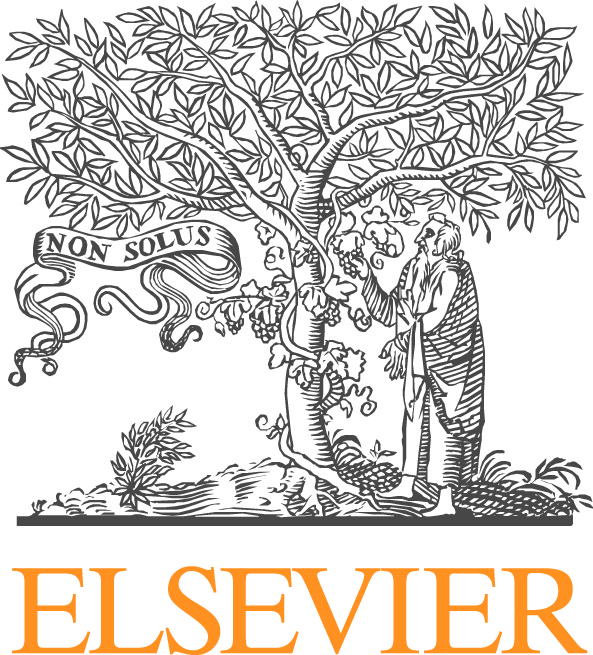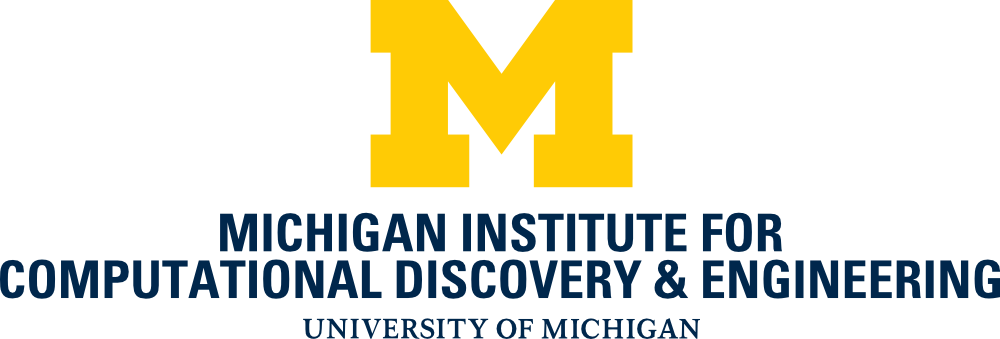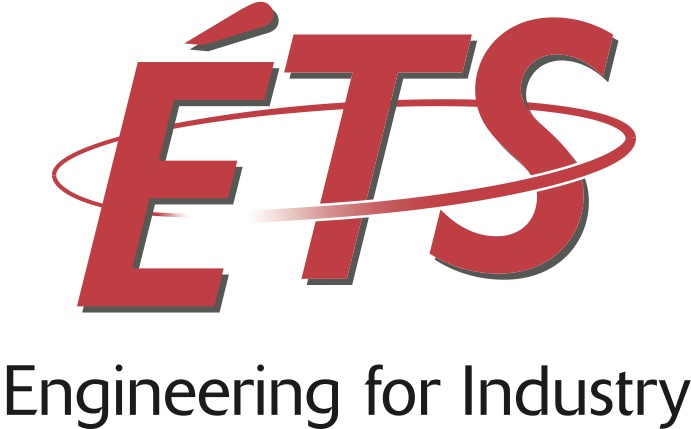Advanced Computational Methods For Complex Geometry Simulations
Guglielmo Scovazzi, Duke University
Antonio Gil, Swansea University
Mario Ricchiuto, INRIA Bordeaux Sud-Ouest
Practical engineering applications often involve very complex geometry and constitutive modeling. The goal of this mini-symposium is to present the most recent advances in variational methods that are effective in complex geometry applications, aimed at drastically reducing the cost of design and analysis. For example, new computational methods for three-dimensional simulations based on conformal tetrahedral finite elements, or immersed/embedded boundary methods, and related methods will fit very naturally within the scope of the mini symposium. The spectrum of of the problems considered spans from rapid prototyping to fluid-structure interaction, and related topics, including applications to the aerospace, mechanical and biomedical sciences.







